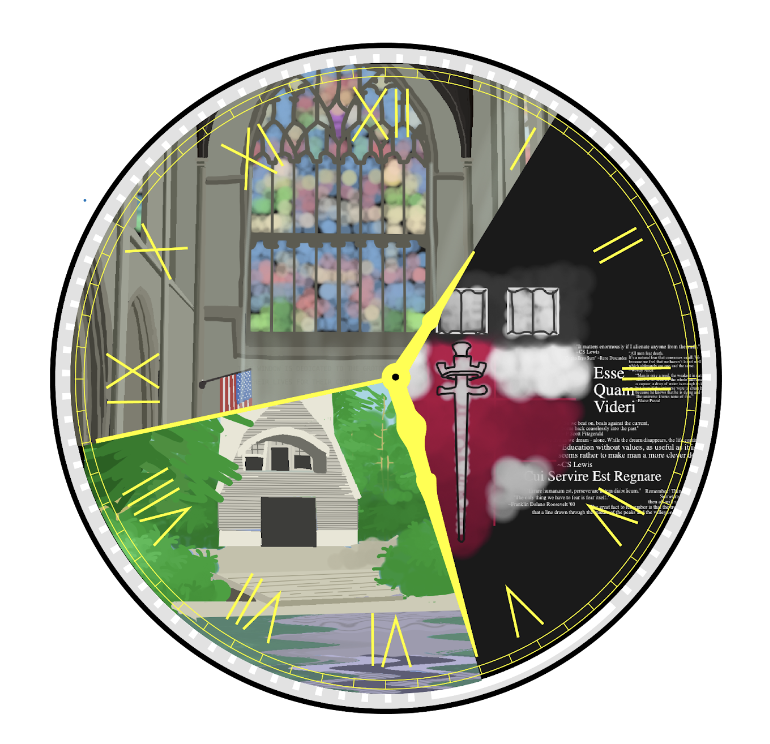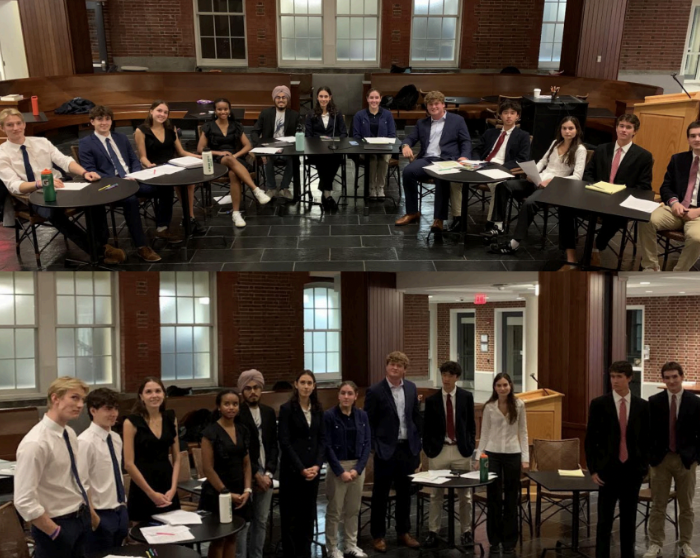Grades are a defining aspect of the academic experience, especially under Groton’s rigorous curriculum. Under the strenuous course load that Groton students endure on the regular, grades become an important benchmark to gauge the payout of their hard work. They are a holistic tool for evaluating excellence and an instrument that supposedly levels the playing field for all students alike. This meritocratic promise, however, is betrayed by discrepancies in grades, where subjective biases and dissimilarities in course expectations often overshadow genuine talent and diligence. Content flexibility adjoined with preferential treatment of certain vocabulary, structural coherence, and style can also account for gaping variations in grades. Such trends are primarily confined to humanities courses, where it is difficult to establish concrete metrics akin to those in STEM courses on which to assess student work impartially.
There is nothing inherently improper about grade volatility; it is simply counterproductive to the meritocratic vision that Groton aspires to fulfill. It is also discouraging to nascent and mature writers alike who feel underappreciated for their assiduous efforts. This may even dampen students’ passion for the humanities and propel them to settle for a less demanding class in hopes of receiving more equitable grades. To uphold the potential of all its students equally, Groton should strive to prioritize fairness across humanities disciplines. Such an empowering and equitable environment facilitates students in attaining grades compatible with their genuine effort and ability.
Certain quantitative metrics can be set in place that objectify the process of grading. Rotational teacher grading can ensure that a diverse slate of opinions is offered on assignments, papers, and discussions, which would ultimately lead to a more balanced grade. Much like in the world of politics, a representative body of decision-makers often leads to more unbiased and correct conclusions.
A lesser grade in humanities does not necessarily reflect an ineptitude in writing or critical thinking; it could simply stem from differences in course rigor and expectations. But many students are thoroughly convinced that their success is a result of their own effort. To some extent, they are correct in believing so. Nevertheless, it is crucial to acknowledge the absence of a level playing field, which has set some up for success and others for mediocracy. It is also important to address the arrogant attitude that has arisen from this flawed meritocratic promise.
Grades should be objective measures of students’ performance in educational spheres. Such grading becomes all the more important at a taxing school like Groton. Discrepancies in humanities grading, however, have not only deterred students from taking humanities courses but also augmented toxicity and prideful vanity among successful students. Not only is greater awareness about the discrepancy in humanities grading vital in addressing the aforementioned issues, objective measures should be adopted by the humanities department to minimize the disparity.






